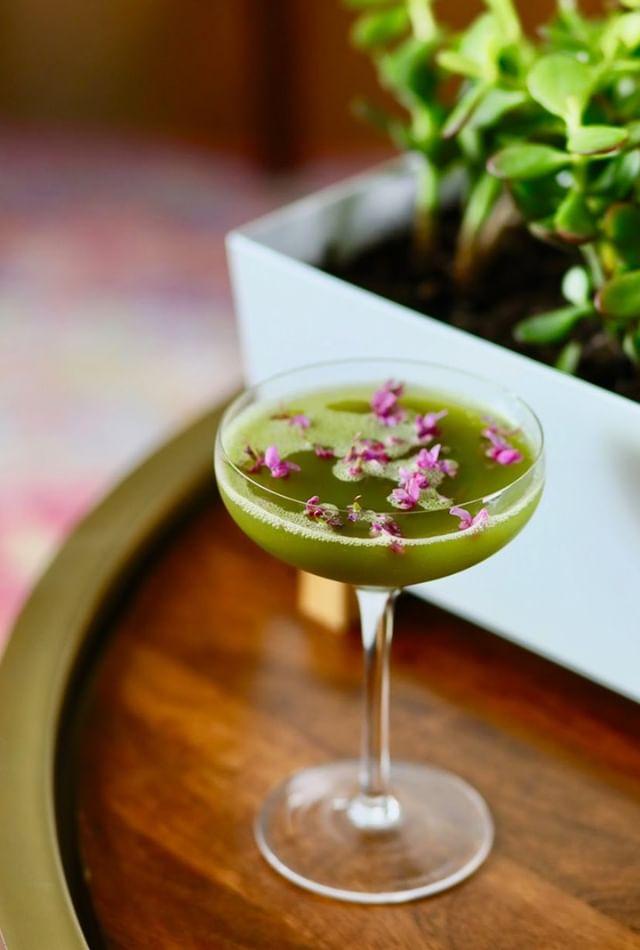Mock Around The Clock
Now, I’ll be honest with you, when I first started researching this, I was hoping for a homerun. I was hoping that I’d be able to look up the etymology of the word “mock” and just point out that everyone was taking it out of context – that it isn’t as derogatory as people are making it out to be…but that is not the case at all.
According to etymologyonline.com, the word mock is derived from:
[the] mid-15c., mokken, “make fun of,” also “to trick, delude, make a fool of; treat with scorn, treat derisively or contemptuously;” from Old French mocquer “deride, jeer,” a word of unknown origin. Perhaps from Vulgar Latin *muccare “to blow the nose” (as a derisive gesture), from Latin mucus; or possibly from Middle Dutch mocken “to mumble” or Middle Low German mucken “grumble.” Perhaps ultimately it is imitative of such speech.
From this etymology, I glean two things:
First, if we believe the Latin, mocking someone is literally hocking a big ol’ lougie in someone’s general direction, which is certainly not complimentary. But if we believe the later versions of this word, it’s perhaps been softened a little – taking on a more neutral imitative quality.
Regardless, if you think of what it means today to actively “mock” someone, you’re pointing out that they’re somehow bad, or wrong, or foolish (even if you manage to keep your bodily fluids to yourself in the process).
So, since I’m not able to claim that “mock” is a completely harmless word, I would like to instead present a list of cases where it would be completely ridiculous to be mad or offended at it.
· First off, mocking birds – nature’s impersonator. If you’ve never heard a mocking bird imitate a cell phone ring or a car alarm, I feel sorry for you because it’s hilarious.
· Mock-neck shirts – inhabiting that crucial middle space between crew neck and turtleneck
· Mock trial teams – like real trial, but without the consequences
· Mock Turtle Soup – like real turtle soup, but without the turtle
· Mock Orange – a shrub from the genus philadelphus that produces flowers with an orange smell. Essentially, orange without the orange.
· Mock-up – a model or replica of a machine or structure, used for instructional or experimental purposes.
· I’m sure the list goes on, but I think you get my point.
Today, “mock” often means simply “to imitate,” and not to deride.
So the question remains: if people aren’t up in arms about the terms I just listed, then why are we still upset about the word “mocktail?” I mean, it’s not like the bartender sits there and makes fun of you while you drink it.
But if I had to guess, it’s because ordering something called a “mocktail” makes you feel inferior, and if that drink is the same price as a real cocktail, there’s even the sense that you might be getting ripped off. People seem to implicitly understand being charged for alcohol, but when that’s removed from the equation, the economics of the transaction get a bit hazy.
I can see how this might make a person uncomfortable, especially if you have the presence of the bartender or the server prompting you to commit to a decision from the menu, but I think that’s really where the logistical limitations of the word “mocktail” end. I think that’s as serious as it gets.
In my opinion, it’s a word with a high utility factor. I think it’s just about perfect for telling people exactly what a drink is and does. Mocktail says, “hey – I’m like a cocktail, but I’m missing a key component.” Simple, to the point, and most importantly, IT RHYMES WITH COCKTAIL.
Other terms in this conversation would be “Faux Fur,” the “Faux-hawk,” and “pleather,” They might not be the sexiest words, but there’s great utility in repurposing a known term for an adjacent use case.
Also, think about the process of deciding what you’d like to order from a full menu of options. You sit down at the bar, or at the table with your friends, and you’re immediately engaged in a game of elimination. The quickest way to arrive at your best option is most often to tick off the stuff you’re apt to dislike, so for servers, bartenders, and bar owners, the less work you have to do to arrive at your decision, the more efficient and cost-effective they can be, which means that the establishment is more profitable, which is good for everyone.
It just so happens that the word “Mocktail” is a great way for folks who want a real cocktail to cross an entire section off the menu, and it’s also a great way to help folks who are in the market for a mocktail to know exactly where they should be looking to find their desired non-alcoholic libation.
The term “Spirit Free Cocktail” doesn’t have this advantage. And that’s mostly because it normally causes the reader to do a double-take (due to the inherent oxymoron) – cocktails involve spirits, so how can you have a “spirit-free” cocktail?
We’ll return to this term in a bit – because I do actually think that it’s got a glimmer of potential, but before we do that, I need to absolutely dispose of the one mocktail-replacement term I revile with all my being: EANAB.









